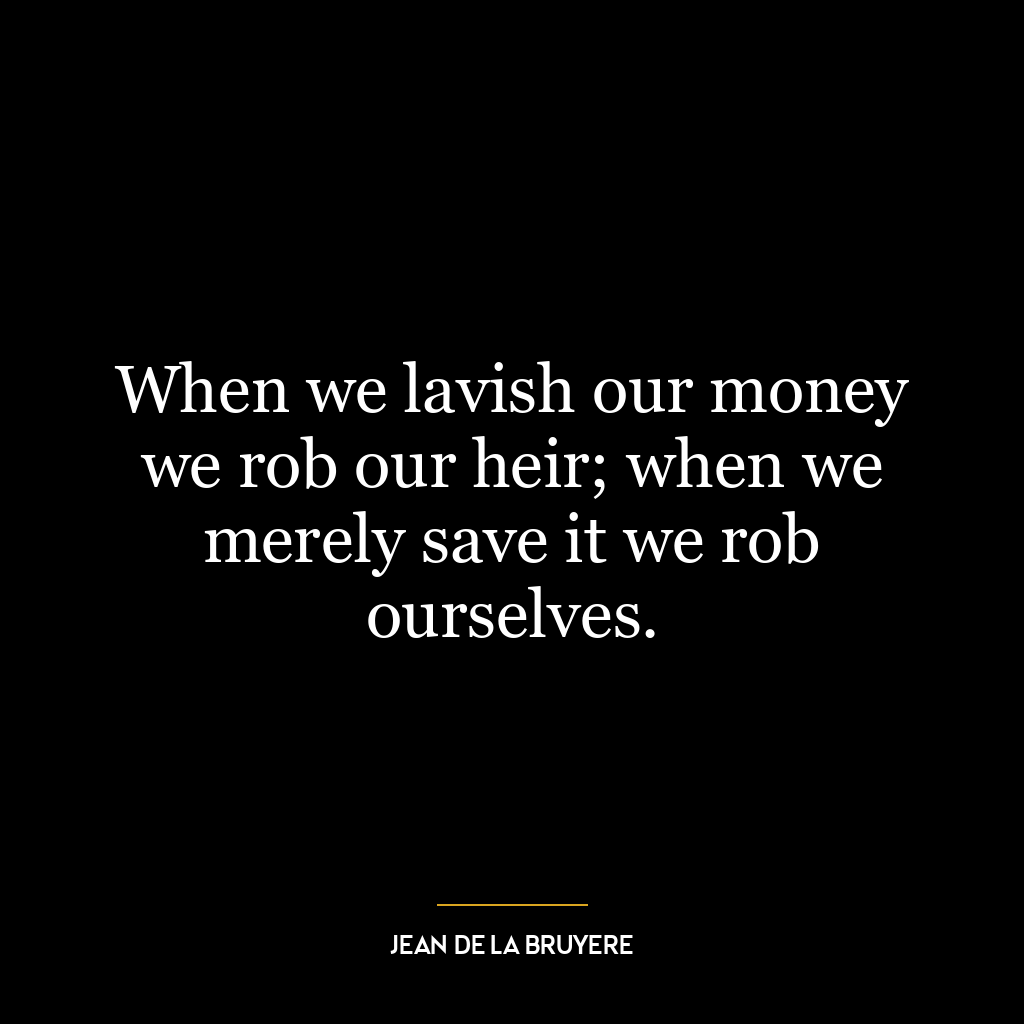Be like the fountain that overflows, not like the cistern that merely contains.
This quote by Paulo Coelho uses the metaphor of a fountain and a cistern to illustrate the difference between abundance and containment. A cistern is a tank designed for storing water, while a fountain is a source that continuously flows and overflows with water.
The fountain in this quote symbolizes a person who is generous, creative, and continuously giving, not holding back their talents, love, or resources. They are not afraid to share their knowledge, skills, and love with others. They believe in the abundance of the universe, and they know that the more they give, the more they receive.
On the other hand, the cistern represents a person who merely contains, who holds onto what they have out of fear of scarcity. They are afraid to share their resources, knowledge, or love with others because they believe that they will be left with nothing. They operate from a mindset of scarcity, and as a result, they limit their growth and potential.
In today’s world, this idea can be applied in many ways. In the context of personal development, it encourages us to be generous with our knowledge, skills, and resources. It invites us to share what we have with others, to teach, to mentor, to give. It reminds us that growth and fulfillment come from giving, not from hoarding.
In the context of society, it challenges us to move from a mindset of scarcity to a mindset of abundance. It calls for a shift from competition to cooperation, from hoarding to sharing, from fear to love. It encourages us to build societies that are based on the principle of abundance, where everyone has enough and no one is left behind.
In the business world, it inspires us to create businesses that are not just about making profits, but also about making a positive impact on the world. It encourages businesses to be generous with their resources, to invest in their employees, to care for the environment, and to give back to their communities.
In essence, this quote invites us to live a life of abundance, generosity, and love. It reminds us that we are not cisterns that merely contain, but fountains that overflow.








